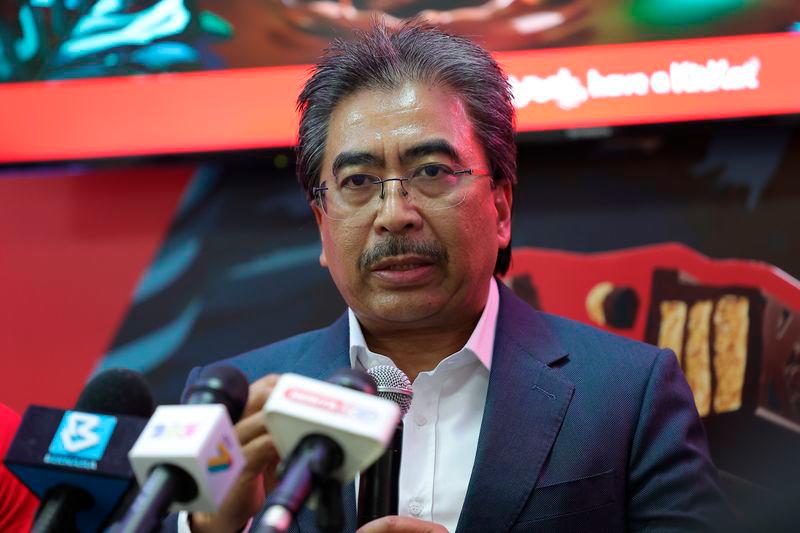SHAH ALAM: Dewan Rakyat Speaker Tan Sri Johari Abdul did not rule out the possibility that Parti Pribumi Bersatu Malaysia (Bersatu) might challenge his decision not to vacate six parliamentary seats in court.
He said there should be no issue if the matter was taken to court, as he was confident that the decision to retain the six seats held by former Bersatu Members of Parliament (MPs) was made in accordance with the law.
“Bersatu may choose to take this matter to court, and that is their right. However, I made my decision based on the Dewan Rakyat Standing Orders and applicable laws. It is up to them to decide on further action.
“... of which I have not received any information, and so far, no instructions or information have been received from the court regarding the matter,” he said, commenting on whether he had been informed about the case’s progress or received any instructions from the court.
He said this at a press conference, following a working visit to the Selangor State Legislative Assembly at Wisma Dewan Negeri, here, today.
On July 10, it was reported that Bersatu planned to take legal action to challenge Johari’s decision not to vacate the seats of its six former MPs, as notice was sent to the Speaker of the Dewan Rakyat, requesting that the seats be vacated following the MPs’ expulsion from the party.
Regarding his visit to the Selangor State Assembly, Johari noted that this would be his final visit to the state assemblies in Peninsular Malaysia, before proceeding to Sabah and Sarawak. The culmination of these visits will be the Conference of Speakers of Parliament and State Legislative Assemblies of Malaysia 2024, scheduled to be held from Sept 11 to 14 in Kuching, Sarawak.
During the visits, Johari observed that some state assemblies still use conventional methods, particularly regarding questions from the elected representatives, which he believes do not align with the current digital era.
He highlighted that Selangor and Kedah have made significant progress by implementing online systems, such as e-Hantar, for submitting questions. This modernisation has improved efficiency, reduced costs, and simplified the legislative process.
Johari also expressed admiration for the innovative methods used by the Selangor State Assembly, noting its advanced practices, including successfully conducting a sitting without the physical presence of assemblymen, which even Parliament has yet to achieve.
He emphasised that reforms, including amendments to the Standing Orders, are crucial for all state assembly speakers to learn from, especially given the challenges faced during the COVID-19 pandemic, which affected Dewan Rakyat sittings.
“All information and findings from my visits will be presented at the Kuching conference, and proposed as resolutions for implementation by the respective state governments,” he said.









